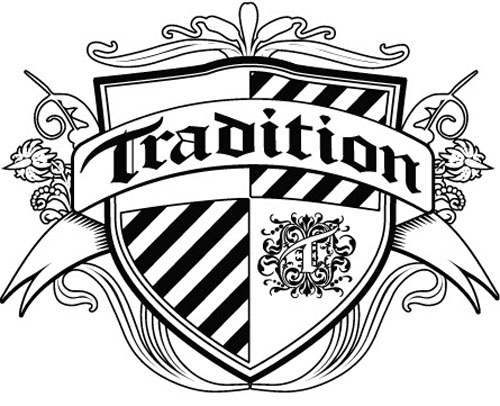 Now let me begin with a disclaimer. I am not minimizing or discounting the ministry of Pastors who do not stay the long haul in their parishes. What I am affirming are the benefits of long term pastorates.
Now let me begin with a disclaimer. I am not minimizing or discounting the ministry of Pastors who do not stay the long haul in their parishes. What I am affirming are the benefits of long term pastorates.If you want to build tradition in the parish you serve, it requires a long term investment. Tradition does not accrue in speed bursts but in slow, deliberate, and, sometimes, delicate, steps. I say this about musical tradition, liturgical tradition, mission tradition -- you name it.
If you want to build a musical identity within the parish, it will require a long term investment of yourself and your energy toward that goal. For example, the parish I serve has a music series (Music at Grace). It began 9 years ago when we installed and dedicated our pipe organ in the new Sanctuary (60 rank Casavant). We brought in a premiere name and he played to a packed house. We began a tradition. We have had all kinds of musical groups from the middle Tennessee region (choirs, orchestras, organists, pianists, bluegrass, barbershop, etc...). It was conceived as an outreach focused series (bringing people into a Lutheran church for a musical event in a town in which Lutherans were suspect as Roman Catholics or, worse, a cult like the Mormons). It has worked as planned and the majority of people who attend are NOT from our congregation. We have gained members from this, sure, but the main thing we gained in our community was credibility. The 60 attendance has grown to an average 2 to 3 times that -- depending upon event and the timing. Two of those events feature our own choir (this year in an Epiphany lessons and carols style culmination to the Advent/Christmas/Epiphany cycle and tomorrow with the Faure Requiem with orchestra and soloists.
If you want to build a liturgical tradition, it means a long term investment of yourself and your energy toward that goal. We began by reintroducing the sung Divine Service to a congregation that had grown away from it. We added musicians and shaped the choir to serve as a liturgical choir and not just special music. We added things from time to time (processions, new paraments, architectural details, etc.) We introduced the full compliment of liturgical services for Christmas, Ash Wednesday, Holy Week, Easter, Ascension, etc... This included ashes, scarlet paraments (new this year), individual absolution, stripping the altar, Easter Vigil (this year it shapes up to have 6-8 baptisms including an adult), etc. This was a slow and deliberate progression that included Evening Prayer, Compline, etc. Over time these became identified as belonging to our congregation and not simply the desire or "taste" of the Pastor or others planning worship.
If you want to build a mission tradition, it means a long term investment of yourself and your energy toward that goal. When I came here I realized that for a variety of reasons nothing was being given toward District or Synod. That has blossomed from nothing into about $40,000 per year or, over the 17 years I have been here, close to $400,000 in total. This came from deliberate steps by 1/2% of our income year by year and holding the line when we encountered tough financial years. In addition, we added a number of local missions along the way so that another $15,000 goes to our local Pastoral Counseling Center, the cash assistance cooperative program of our Clarksville churches, work in the local soup kitchen and money for its expenses, and a host of other local agencies. We had a mission of the month for our Sunday school offering that adds something like $300 per month to everything from LCMS World Relief to our own parish food pantry (that feeds an average of 10 families per week). Mission has to become an extension of a parish's identity or it will just end up being another bill to be paid. This is the development of tradition.
This also extends to reaching out to make new members from the community around you. How you do it and what you do have to become a part of your parish identity and culture or they are just programs that come and go. All of this requires building a tradition of outreach, of welcome, of people in the pews bringing family members and neighbors and co-workers -- confident that these folks will be welcomed, taught, and encouraged in the faith that we believe, teach, and confess.
So I am well into my 17th year here and I expect I will still be here years from now... building tradition. That is one profound benefit of a longer term pastorate... I wholeheartedly encourage parishes and Pastors to work in this direction... the blessings are manifold and the traditions built are how the congregation changes from simply being a place where you go to who you are...
1 comment:
Pastor Peters,
I think that is a great model to follow. I hope I can do as well someday.
Curtis
Post a Comment